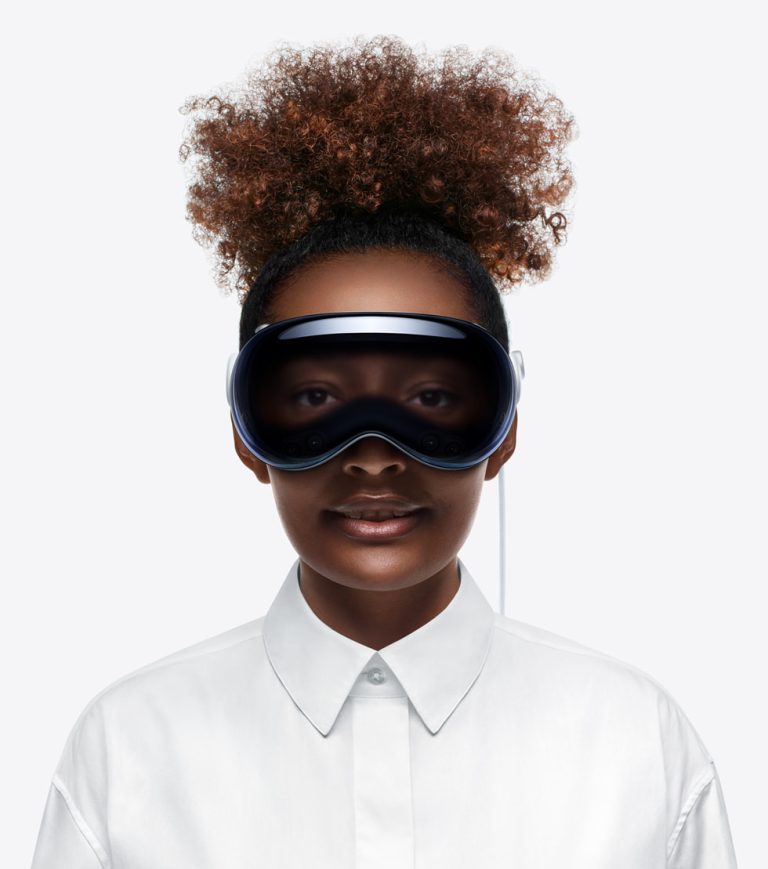Apple’s latest mixed reality product, the Vision Pro, might face challenges at launch due to the absence of significant platform applications.
A recent survey by CMS Storyblok, involving 500 participants, highlights that 81% are concerned about the lack of essential apps, potentially diminishing the headset’s ability to deliver on its “transformative content experiences.” More than half of the respondents are “very concerned” about this issue.
Major content providers like Netflix have confirmed they won’t be offering a Vision Pro app, following in the footsteps of Google, which isn’t providing a YouTube app. Spotify, a leader in music streaming, also does not plan to develop an app for Vision Pro.
Other survey highlights reveal that 63% favor Vision Pro over Meta Quest 3.
The initial consumer interest in Vision Pro risks waning if the available content doesn’t meet expectations – especially with developers and platforms slow to expand the device’s capabilities.
Full survey results can be found here.
Related Articles

Transaction-Level Data Is Raising the Bar for Attribution and Accountability
For retailers building or scaling retail media and broader commerce marketing programs, this shift reshapes how audiences should be built and forces a more disciplined approach to transparency and cross-channel accountability.

How Rising Consent Awareness Is Reshaping Customer Experience, Data Quality, and Campaign Performance
It also revealed that another 35% expect to deploy personalized AI recommendations in the next year, as AI moves from pilots into the heart of omnichannel journeys, search and merchandising.

5 Strategies for Scaling BOPIS Operations During Holiday Peak Season
Companies across various sectors are leveraging automation to enhance in-store experiences and improve customer satisfaction, including within BOPIS systems. It is shown to bolster productivity and decision-making, too.

How to Evaluate Retail Automation Solutions for Your Business
To achieve the benefits of retail automation, you must find the right partner. Consider the following tips to make an informed decision.


 for the latest news and job opportunities in retail tech
for the latest news and job opportunities in retail tech 